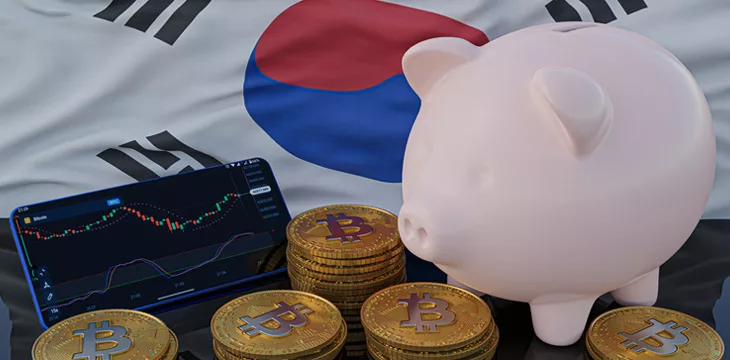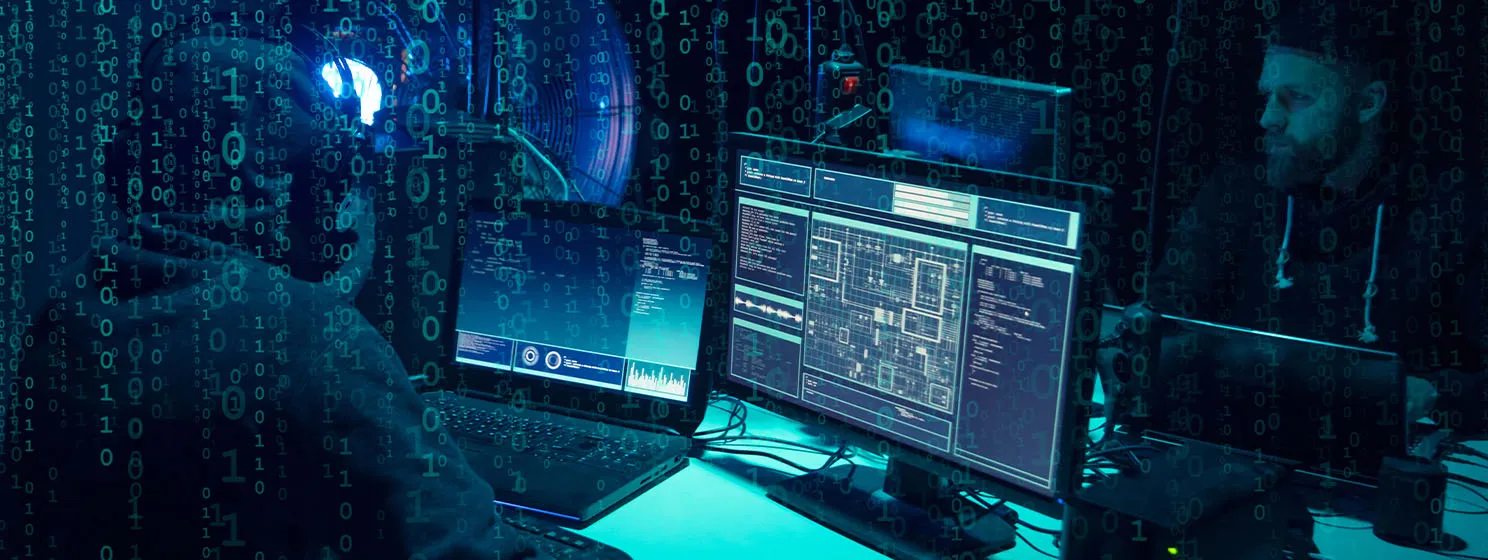|
Getting your Trinity Audio player ready...
|
South Korea’s Financial Services Commission (FSC) has issued a legislative notice, giving a heads-up to digital exchanges to offer interest on digital currency deposits on their platforms.
The investors of digital assets can earn interest on their deposits starting in July 2024. In a report by local media, the new regime forms part of the incoming Enforcement Decree and Supervisory Regulations of the Virtual Asset User Protection Act, which will be operational in 2024.
However, the rules on interest exclude non-fungible tokens (NFTs) and central bank digital currencies (CBDCs), removing the requirement for exchanges to pay users interest on their deposits.
The FSC’s report makes provision for exceptions with the incoming rule book stating that interest will be paid if the NFT is used as a payment method and is issued in large quantities. A vital feature of the exception provided by the FSC is the requirement that the digital collectible must be used in a non-fungible manner.
Regarding CBDCs, the FSC did not make any exception for holders to earn interest, with experts stating that the move aligns with the Bank of Korea’s stance toward a digital won.
The rules make detailed provisions for service providers’ custody of digital assets. Under the regulations, exchanges are expected to separate user funds to prevent commingling with proprietary assets in line with global best practices.
As an added safety layer, exchanges must hold over 80% of customers’ digital assets in cold wallets to prevent security breaches. For assets stored on hot wallets, 5% of the value should be insured with a compensation limit. The rules provide a minimum standard for exchanges facilitating transactions between the national currency and digital currencies: KRW3 billion (US$2.2 million) for won market exchanges and KRW500 million (US$ 379 million) for coin market exchanges.
The incoming rules maintain a hard stance against insider trading, spelling out stringent penalties for the offense. Digital asset service providers are barred from halting deposits and withdrawals from users unless in a clear case of hacking with regulators’ permission.
“If an unfair trade practice is suspected, the financial authorities must be notified immediately, and if sufficiently proven, it must be reported to an investigative agency,” it read.
Tightening regulation
As South Korea attempts to move on from the high-profile collapses that rocked its digital currency ecosystem, regulators are intensifying efforts to prevent another occurrence.
The Digital Asset Exchange Association (DAXA), a self-regulatory body in partnership with the Financial Intelligence Unit (FIU), rolled out an initiative calling on the public to report the operations of any unlicensed digital asset exchange in the country.
Before the initiative, the nation’s parliament passed a law requiring public officers to disclose personal digital asset holdings for transparency. Keen on the efficient prosecution of bad actors in digital currency, the Seoul Southern District Prosecutors’ Office launched
the Virtual Asset Joint Investigation Unit, a unit dedicated to investigating and prosecuting Web3 crimes.
To learn more about central bank digital currencies and some of the design decisions that need to be considered when creating and launching it, read nChain’s CBDC playbook.
Watch new Block Dojo entrepreneurs: NFTs, music & CBDCs

 08-29-2025
08-29-2025 





